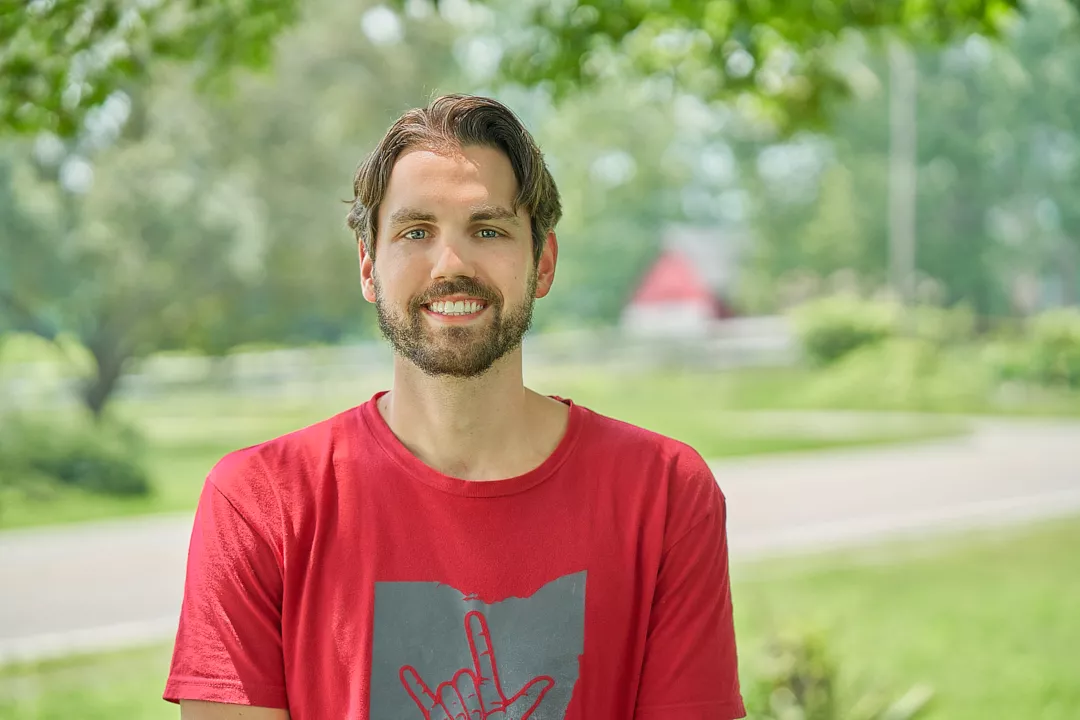
I think the word kinship really captures the work of an intervention specialist. A lot of what we do comes from learning about our students—what they love, what makes them tick, and how we can tap into that. So there’s a mutual connection with the students, and there’s so much joy and authentic learning that goes along with that.
I joined the union right when I was hired as a teacher and spent the first few years learning how things run. One of my friends was our building representative at the time, and she would constantly invite me to events and tell me I needed to use my voice. I also connected with Ohio's New Educators, an extension of the Ohio Education Association, and made some great friends who were also young educators or new to the profession. They were focusing on some of the issues outside of school walls that impact our students, and I was really drawn to that work. And I’ve tried to extend that passion to my colleagues as our building representative.
Equity for my students is important, and it’s an issue I became more aware of during the pandemic when it took us a while to get students the resources they needed to learn, such as laptops and other devices. But I think my school has done a great job trying to be a more equitable and inclusive place for all the students. We’ve done a deep dive into our library inventory and the types of books we’re reading. We have so many students who utilize wheelchairs and walkers and come from all sorts of different backgrounds, and we’ve really worked hard the last few years to reflect that in our literature and what we’re reading.
I believe that schools should be community hubs that are safe for all students and families, and where educators are accessible and available. We have a lot of immigrant and refugee students, for example, and it’s important for us to be welcoming to those communities. We all want to do what’s best for our students, so I’m also passionate about issues surrounding adequate funding and resourcing for our schools.
We still have some school buildings in our district without heat and air conditioning, but we can make it better.
We need to invest as much as possible in public education, but we haven’t made the decision to do that yet in a large-scale way. We need to continue fighting for that.
A lot of the rhetoric right now makes public schools sound like hostile places, but they’re not. It’s important to drive the narrative about what our schools really do and how they really operate. I have a blog about teaching that I’ve operated for about six years now, and it’s been a great way to just share stories about teaching from the inside. There are a lot of narratives in statehouses across the country about public education, but I have the opportunity to share what I’m seeing on the ground and what the students are like. There are so many committed educators who are working hard to ensure our profession is better equipped to serve our students, and there’s truly power in numbers.

